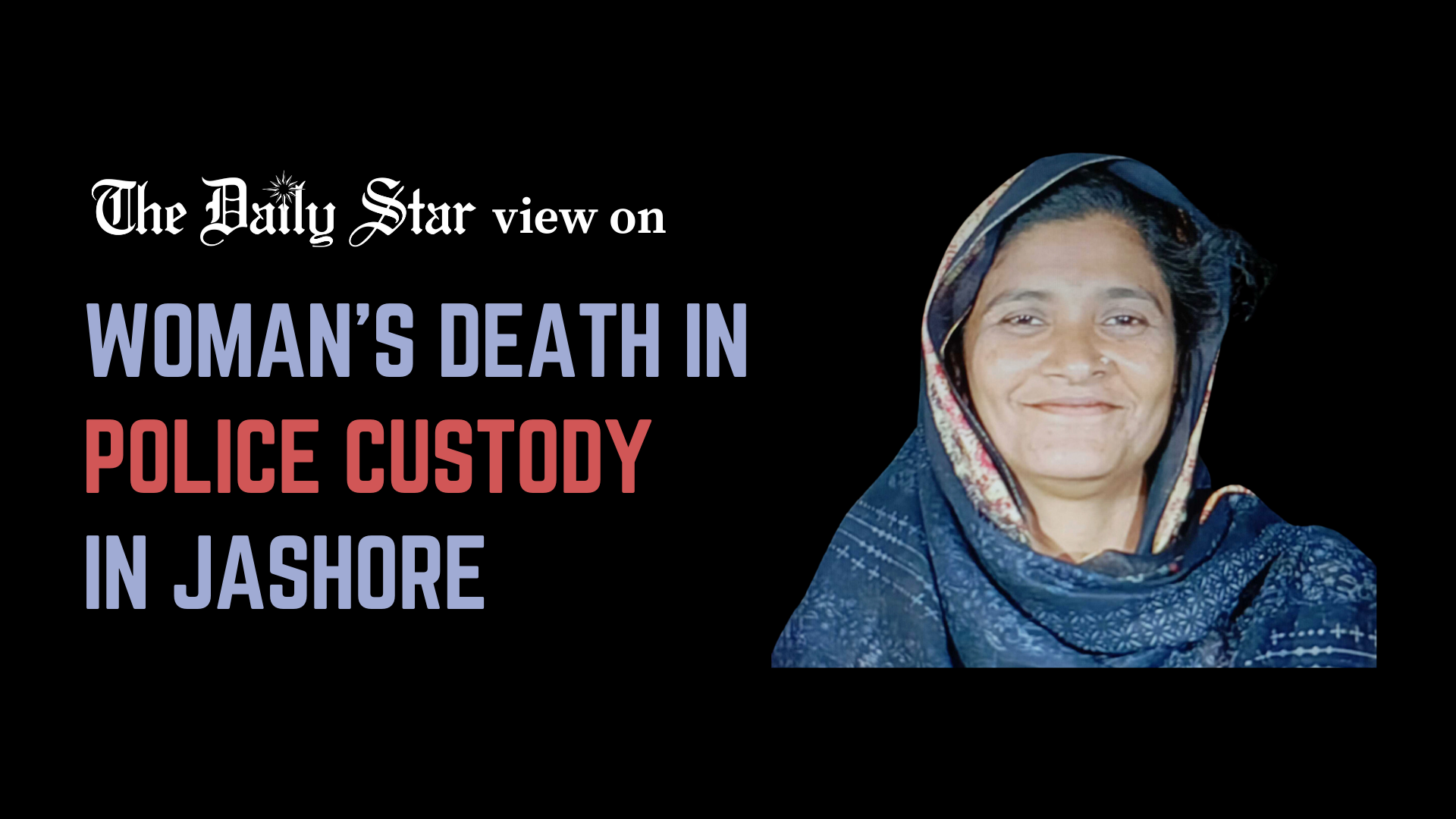Why is custodial death continuing?

We are appalled by the death of a 42-year-old man in Cumilla less than 24 hours after his arrest. According to the inquest report of the Kotwali station in Cumilla, the body of Touhidul Islam bore marks of trauma and injuries—and the pictures from the report shows how brutally he was tortured. The hospital director stated that Touhidul's body showed signs of injury. All of these corroborate the family's assertion that he was tortured to death. Joint forces allegedly picked the man up from his house at 2:30 am—police later found his body on the bank of the Gomati River at 11 am. The police had been informed by the joint forces.
We are shocked that security forces continue to torture, kill, and detain arrestees, showing little change in their treatment. Custodial deaths and extrajudicial killings were a hallmark of the last regime, where the police and other forces enjoyed complete impunity for these heinous crimes. Are we to believe that, despite an end to the repressive Awami regime, some members of the security and law enforcement forces still feel the same sense of infallibility that they torture arrestees to death?
The Human Rights Watch's World Report 2025 has stated that there are concerns that security forces in Bangladesh have continued to carry out abuses, including the arbitrary arrests of opposition supporters and journalists and denying them due process and proper access to legal counsel. The chief adviser has denounced any form of custodial torture and extrajudicial killings. He has stated that upholding human rights in all aspects of national life remains a core mission of the administration, which includes some of the country's top rights activists. We welcome his prompt reaction and his statement reiterating the government's commitment to "eliminate human rights violations in police interrogations, crime management, and judicial procedures" by engaging with political parties over the findings of several commissions to reform the criminal justice system.
While reforms are crucial, and so is dialogue with political parties, we feel that the interim government must act now to immediately stop the police and other security forces empowered with magistracy from abusing their power. We have seen that even after the fall of Sheikh Hasina's government, there have been other deaths in custody, and the causes have remained a mystery. This only gives more credence to the idea that these deaths were a result of torture.
We hope that the probe into Touhidul's death will be fair, thorough, and swift and that the perpetrators will be given appropriate punishment. Custodial torture and death must stop immediately.



 For all latest news, follow The Daily Star's Google News channel.
For all latest news, follow The Daily Star's Google News channel. 

Comments